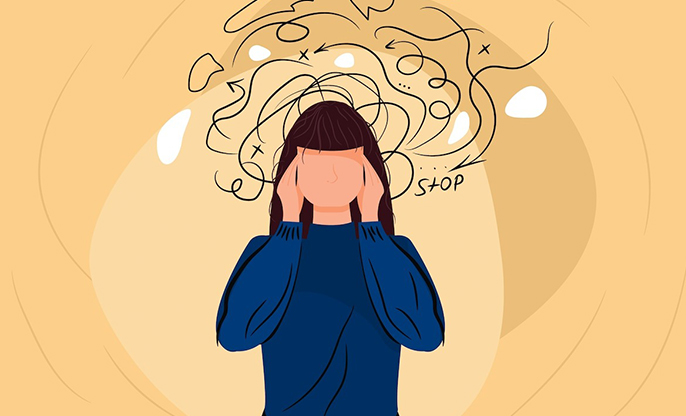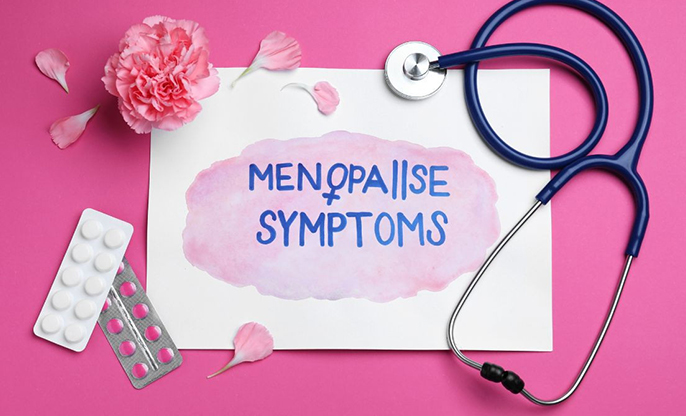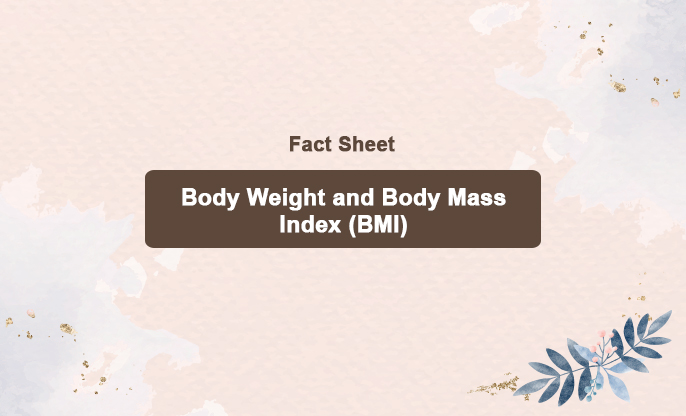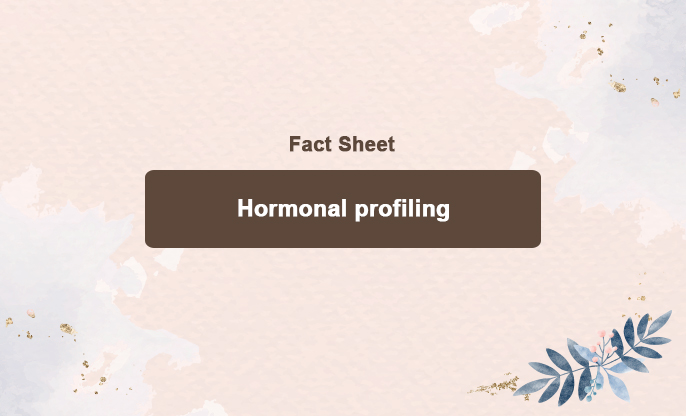
Menopause is more than just a biological transition - it's a profound shift that affects every part of our lives, including our mental health. As we approach or move through menopause, typically between the ages of 45 and 55, we might start noticing changes not just in our bodies but in our emotional landscapes too. This phase, often kicked off during the perimenopausal period, brings fluctuating hormone levels that directly influence our brain's chemistry, affecting neurotransmitters like serotonin and dopamine that are vital for regulating mood.
The Emotional
Rollercoaster of Menopause
The journey through menopause is uniquely personal but
comes with a few common psychological challenges:
● Mood Swings and Irritability: Our
hormone levels can swing unpredictably, leading to sudden and intense mood
shifts.
● Feelings of Depression and Anxiety: It's not
uncommon for us to feel a cloud of sadness or bouts of anxiety as our bodies
undergo these changes.
● A Shift in Libido: Hormonal
adjustments might cool down our sexual desires, which in itself can be
distressing.
● Cognitive Shifts: Sometimes we might notice ourselves becoming forgetful or finding it hard to focus, a phenomenon often playfully referred to as "menopause brain fog."
Why Do These
Changes Happen?
The decline in estrogen production by our ovaries is the primary culprit for these emotional fluctuations. Additionally, menopause often coincides with other significant life shifts - caring for aging parents, changes within our families, and our own aging processes - all of which can pile on the stress. Sleep disturbances like night sweats and insomnia also play their part, making it harder for us to find restorative sleep, which is crucial for emotional stability.
Embracing
Strategies for Emotional Well-Being During Menopause
To navigate these turbulent times, we've found several
strategies that help maintain our mental well-being:
● Staying Active: Regular exercise
isn't just good for our bodies; it lifts our spirits and stabilizes our moods
by releasing endorphins.
● Practicing Mindfulness: Yoga,
meditation, and deep breathing aren't just relaxing. They help us manage stress
and approach our days with a clearer, more focused mind.
● Seeking Therapy: Engaging in talk
therapy, like cognitive-behavioral therapy, helps us tackle negative thoughts
and build resilient coping mechanisms.
● Considering Medication:
Discussing options like antidepressants or hormone replacement therapy (HRT)
with our healthcare providers has been crucial. It’s important to weigh the
benefits and risks of HRT carefully.
● Building a Support Network: Keeping
in touch with friends, family, and joining support groups makes this journey
less lonely.
● Educating Ourselves: The more we learn about menopause, the more empowered we feel. Knowledge really is power, and understanding what's happening inside our bodies demystifies the process and alleviates our fears.
Navigating menopause is not just about dealing with physical symptoms but also about understanding and managing the psychological changes that come with it. By adopting these strategies and seeking support, we can not only manage these changes better but also embrace this new phase of life with optimism and strength.



















